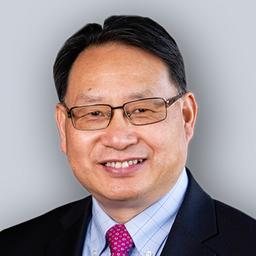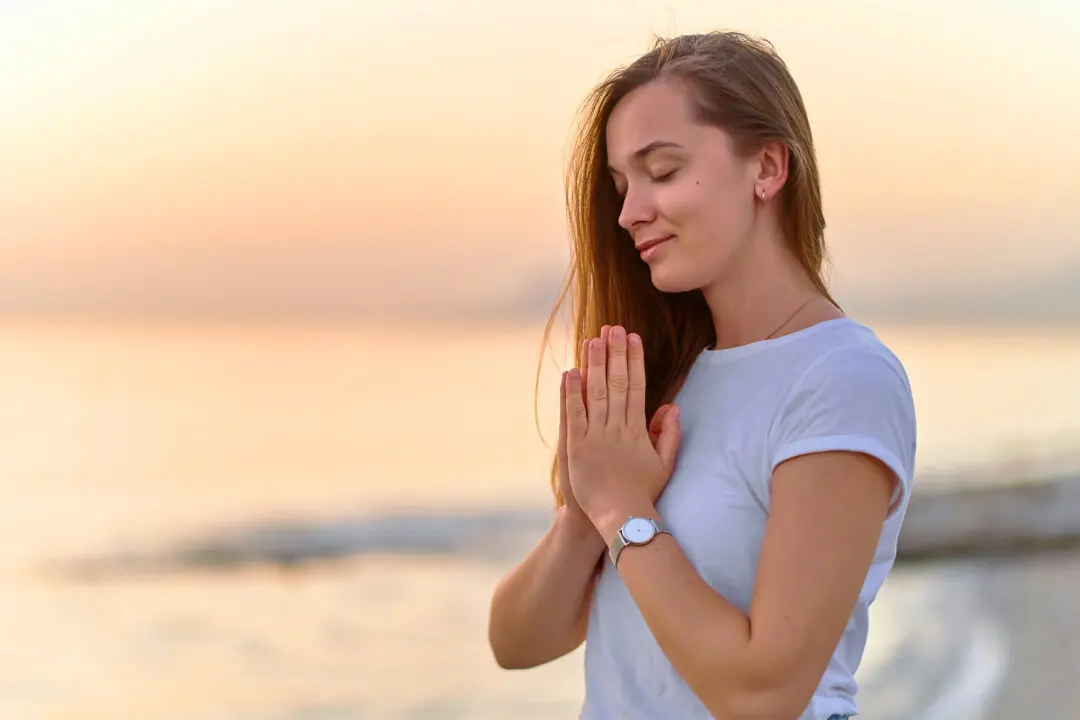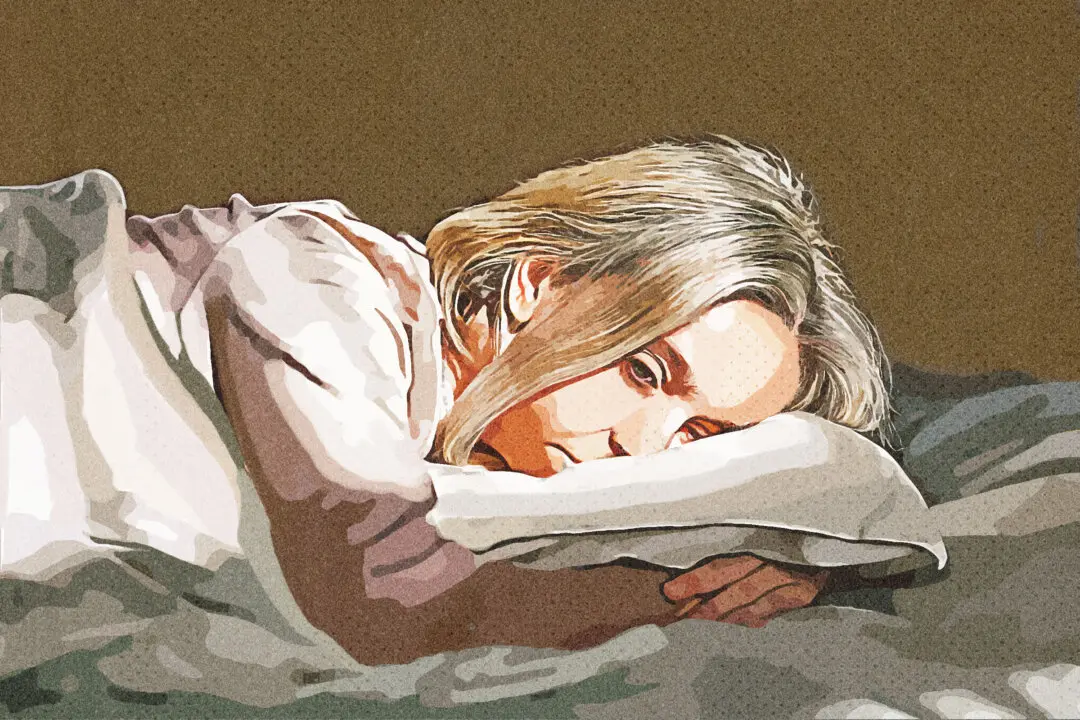Qigong describes a form of physical exercise that facilitates the flow and the balance of the energy inside the human body to achieve optimal health. Many people in the Chinese American community know that qigong is very beneficial to our physical health. Often, those with chronic illness and suffering from difficult diseases that cannot be cured turn to qigong to find new hope. Nowadays, not only in the overseas Chinese community, but many people in the West today are increasingly practicing qigong to benefit the physical and mental wellness.
So how can qigong help our health?





